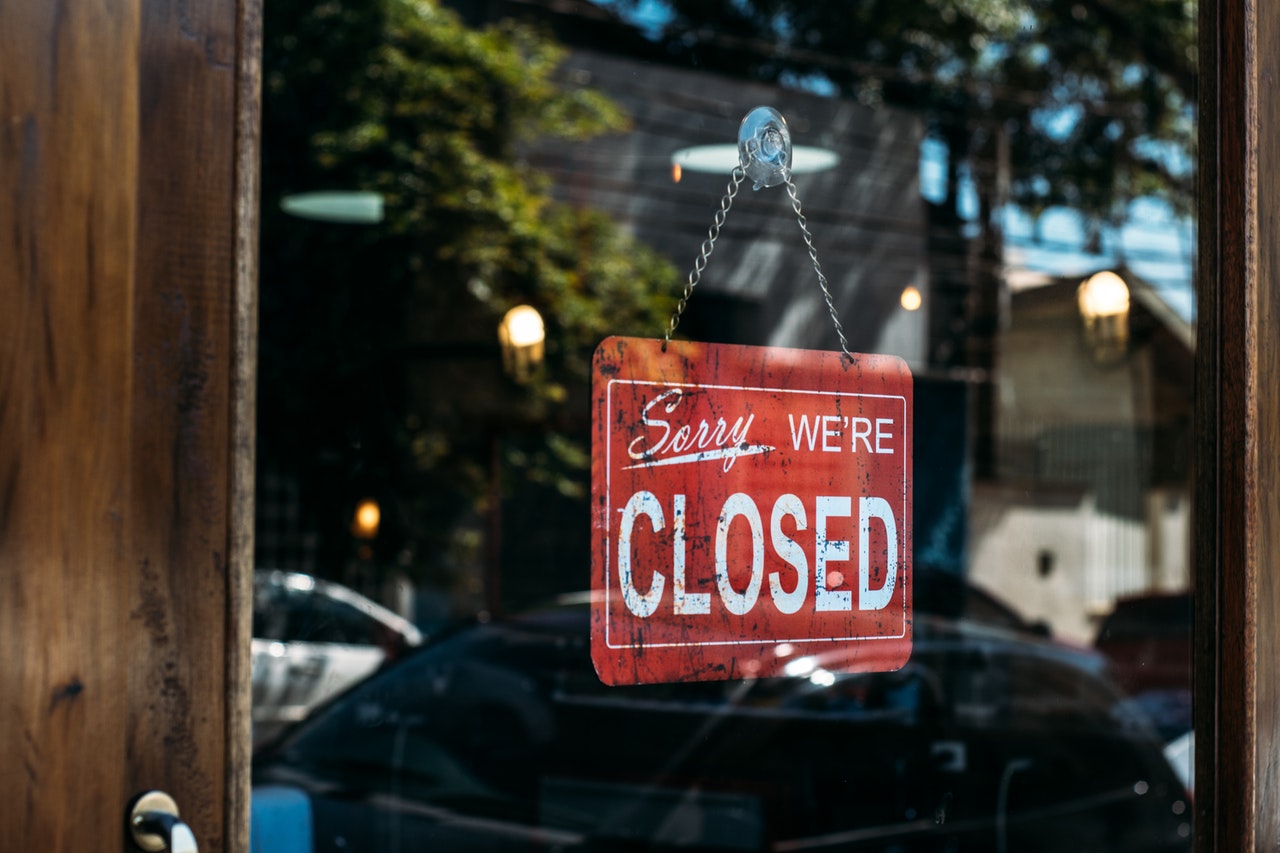UPDATES & ANALYSIS

FEATURED POSTS
Iowa Supreme Court to hear arguments April 11 on constitutionality of Iowa’s fetal cardiac activity abortion statute
The Iowa Supreme Court will hear its final oral argument of the 2023-24 term Thursday. The Court saved the term’s most-watched case for last: an appeal addressing whether Iowa’s law banning abortion after about six weeks of pregnancy may be enforced.
The oral argument in Planned Parenthood of the Heartland, et al …
Iowa Supreme Court to hear arguments in eight cases Apr. 10-11
The Iowa Supreme Court will hear arguments in eight cases April 10 and 11. Four other cases will be submitted to the Court without oral argument. Following are brief summaries of the April arguments.
February 2024 Opinion Roundup
The Iowa Supreme Court entered opinions in eighteen cases during February 2024. You can read Rox Laird’s analysis of Singh v. McDermott, Selden v. DMACC, and Senator Roby Smith et al. v. Iowa District Court for Polk County. The remaining opinions from February are summarized here.
Iowa Court of Appeals divided on trial court’s vacatur of arbitration award
A two-judge majority of an Iowa Court of Appeals panel affirmed a Polk County District Court ruling vacating an arbitration award in a case involving financial regulation. The third member of the panel dissented, saying the majority and the trial court erred in substituting their conclusions …
APPELLATE CALENDAR
EDITORIAL TEAM
ABOUT
On Brief: Iowa’s Appellate Blog is devoted to appellate litigation with a focus on the Iowa Supreme Court, the Iowa Court of Appeals, and the U.S. Court of Appeals for the Eighth Circuit.
